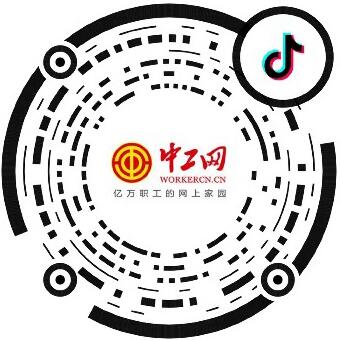Original title: e-business selling books at broken prices makes the publishing industry "break the defense"
Some people are happy and others are worried about a sales promotion agreement.
The "June 18" promotion information released by JD shows that from May 19 to June 20, all kinds of books will be promoted at a discount of 2-3%. For the "no bottom line discount", more than 50 publishing houses clearly said that they would not participate, and stressed that they would not bear any rebate costs during the promotion period. JD did not directly respond to this matter.
"The price of a book includes 10% of the author's cost, 10% - 15% of the printing cost, and 10% of the management fee. These hard costs account for 30%. If the publishing house wants to make a profit, the lowest discount price should reach 40% - 50% of the price". Several publishing houses have disclosed that the 30% discount promotion can not cover the cost at all, and even needs to be discounted, but this does not necessarily lead to conflicts——
Due to various e-commerce promotional activities on the "World Book Day", April is often a loss month for some publishers. They are willing to lose money and earn a lot of money because they want to give up short-term profit income, and let their books have a higher attention through some books that are expected to win. This is the same reason that some platforms subsidize some products for diversion and use other products to make up for losses. What disgusts the publishing house is that the platform unilaterally requires the publishing house to participate in such promotion with its channel advantage, forcing all kinds of books to participate in the 2-3% discount promotion "is to regard books as the traffic entrance". Active marketing becomes passive, and individual marketing becomes all, which leads to dissatisfaction.
Some netizens believe that "the key is to let the benefit of others and give generously to others". If the platform is willing to subsidize consumers with its own money, will the problem be solved? In fact, it is not difficult to find that in recent years, all major e-commerce platforms, even social platforms and content sharing platforms with transaction functions, are seizing the sinking market through the low price strategy, and constantly strengthening the "lowest price of the whole network", which is understandable. Under the pressure of price comparison, if a platform chooses to break the price of a book through subsidies, other experts and e-commerce companies are likely to follow the price and even further break the price. The reason why the publishing house is so sensitive to the unilateral "no bottom line discount" is that once the book price is cut down, it is difficult to recover.
This is not the problem of "earning less". Some media sorted out the annual reports of 28 listed publishing and issuing enterprises, of which 9 enterprises had annual net profits of less than 100 million yuan, of which 2 had negative net profits. The profit level of small and medium-sized publishing houses is more predictable. The strong channel with strong bargaining power suppresses discounts, so publishers have chosen to increase book pricing and reserve discount space to avoid profit encroachment. It is undeniable that this move has squeezed the physical store channels with weak bargaining power and raised the cost of buying books for some consumers. It seems that ultra-low discounts are the antidote to high priced books, but in fact, low discounts are the main reason for high pricing. When consumers buy a book with high price and low discount, it seems that they have got a discount, but it is very likely not. What's more, the platform subsidy won't last forever.
As a cultural product, once "the one with the lowest price gains" becomes the norm, the publishing house will either be unable to bear the loss for a long time and be eliminated, or reduce the quality to reduce costs, leading to "bad money drives out good money". At that time, where should consumers go to find high-quality goods? Is the corresponding "low price" really cheap? This time, some publishers took the initiative to remove books from the shelves in order to avoid selling books at a lower price. It must not be what the platform wants to see. Win win or lose more depends on whether the communication between the parties is smooth and whether the interests are balanced. The business of "fishing with all our efforts" will not last long.
This is not the first case that the channel is criticized by the publishing house for suppressing discounts. It will not be the last case when all major platforms are increasingly emphasizing low price strategies and more frequent promotional activities. It is worth noting that the book price war has lasted for more than a decade, and now publishers rarely choose a boycott, which indicates that the downward trend of discount is close to its tolerance bottom line.
The Development Plan for the 14th Five Year Plan Period of the Publishing Industry clearly mentions that "strengthen the supervision and management of publication prices, promote the legislation of book prices, effectively stop the vicious' price war 'of online and offline publication sales, and create a healthy and orderly market environment". All kinds of signs indicate that changes may come. ( Weichen )













